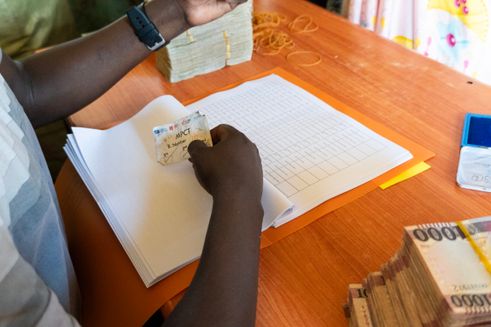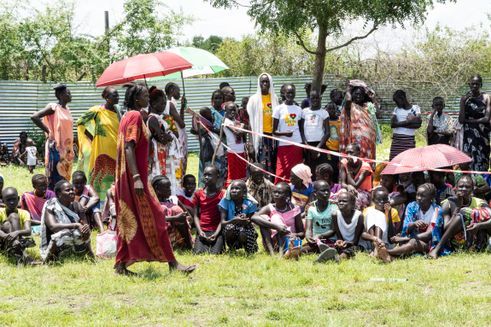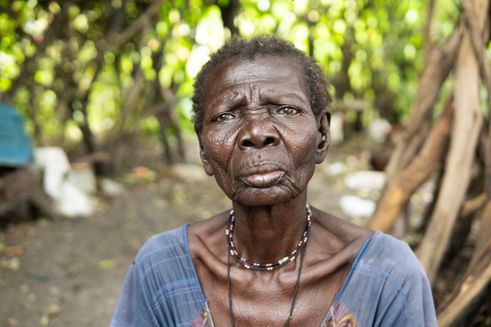The humanitarian crisis in South Sudan continues to deepen, driven by protracted conflict, the intensifying effects of climate change, disease outbreaks, an economic downturn, and the spillover impact of the ongoing conflict in neighbouring Sudan.
Since April 2023, the crisis in Sudan has pushed over 910,000 individuals across the border into South Sudan, with projections suggesting an additional 337,000 arrivals in 2025.
The recently published 2025 Humanitarian Needs and Response Plan (HNRP) for South Sudan reveals alarming numbers:
- 9.3 million people, or 69% of the population, will require humanitarian assistance in 2025 up from 9 million in 2024.
- 6.4 million individuals are currently experiencing severe food insecurity (IPC Phase 3+), projected to rise to 7.7 million during the April–July 2025 lean season.
- 2.08 million children under age 5 face acute malnutrition, with 650,000 children at risk of severe acute malnutrition—an alarming 33% increase from 2024 projections.
Despite these growing needs, the funding gap is stark. The 2025 HNRP requires $1.7 billion to reach 5.4 million of the most vulnerable people.
EU funded group of NGOs deliver lifesaving support
As part of the coordinated humanitarian response of 2024, DCA and its partners – ChristianAid, Nile Hope, Africa Development Aid (ADA), and UNIDOR South Sudan – have provided life-saving support to the most vulnerable households across South Sudan. Funded by the European Union, DCA’s programming focuses on immediate and impactful interventions, including multi-purpose cash assistance.
In 2024 alone, the group reached 20,802 individuals, enabling families to purchase essential items like food, medicine, and clothing. This approach not only restores dignity but also provides flexibility for households to address their most pressing needs.

“I can now buy food for my family,” said Muriel Oleyo Jork from Pibor after receiving cash from the European Union. “I will also buy some flour and make mandazis to sell so I can make a small profit,” said Muriel who will stretch the cash as much as she can to keep hunger at the door. Also in 2025.
DCA’s EU-funded support exemplifies the critical role of multi-purpose cash programming, coupled with robust protection measures.
By targeting internally displaced persons (IDPs) and returnees, particularly in Unity, Upper Nile, Jonglei States, and the Greater Pibor Administrative Area, DCA is directly addressing the dual challenges of displacement and food insecurity.
Addressing the impact of climate change
The effects of climate change are a significant driver of the humanitarian crisis in South Sudan, where communities are disproportionately affected despite contributing minimally to global emissions.
“South Sudanese communities are on the frontlines of a climate crisis they did not create,” says Ida Højgaard, Programme Manager at DCA. “They are paying the price for a global problem, enduring devastating floods, droughts, and displacement caused by the changing climate. It is essential that the international community not only responds to immediate humanitarian needs but also commits to addressing Loss and Damage through increased funding and long-term solutions.”
Solidarity and urgent action needed
As South Sudan faces one of the most challenging humanitarian crises in its history, DCA and its partners urge donors and the international community to prioritise South Sudan in its funding and policy decisions. With escalating needs and dwindling resources, every contribution counts in alleviating the suffering of millions.
“Millions of people in South Sudan continue to face hunger and displacement – and the number is growing. Only a strong act of solidarity from the international community can reverse that trend and ensure that we meet the funding shortfall so that starving families can feed their children and people robbed of opportunities by climate change and conflict can create sustainable livelihoods,” says Rahab Wanja, Project Lead, Nile Hope.




